Get our independent lab tests, expert reviews and honest advice.
First Nations people missing tens of millions in super
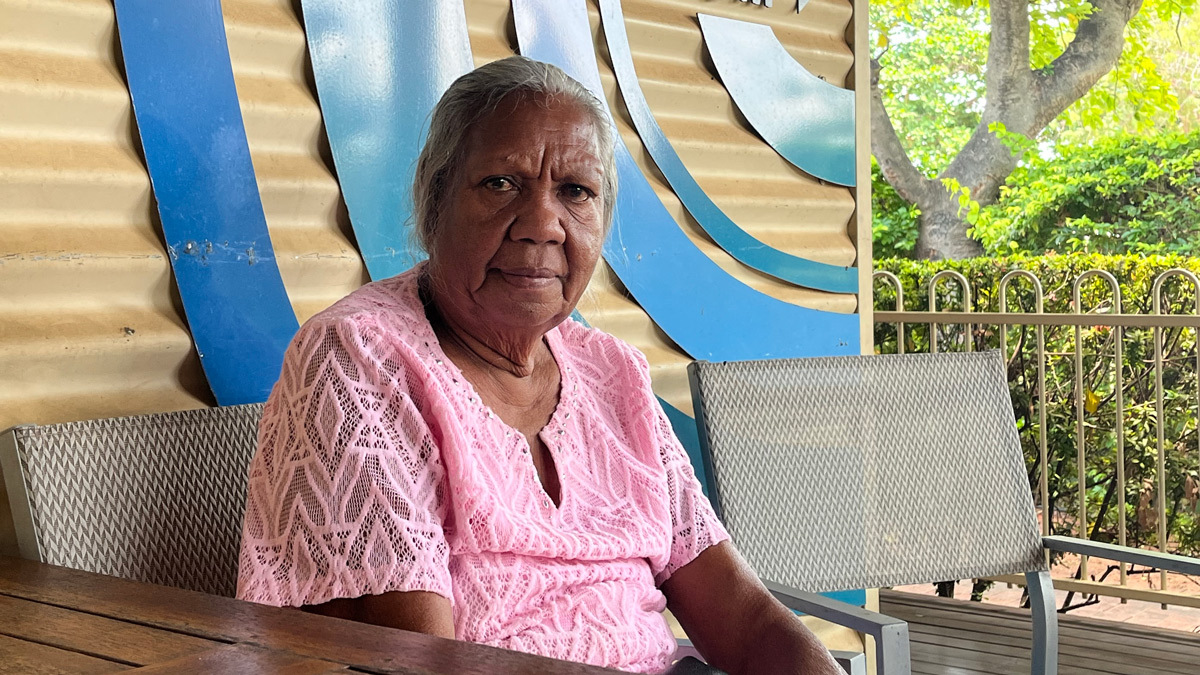
Need to know
- There is $16 billion in lost or unclaimed super held by either the super funds or the ATO
- New data analysis by CHOICE shows that the issue disproportionately affects postcodes with high Indigenous populations.
- Advocates and financial counsellors are calling for reforms to make it easier for people to access their money
Warning: Aboriginal and Torres Strait Islander readers are advised that the following story contains the names of people who are deceased.
Stella Watson is a soft-spoken elderly Bardi Jawi and Nyikina woman who lives in the town of Broome, Western Australia. For the last three years, she’s been in an ongoing battle with the Australian Taxation Office (ATO) to gain access to the money in her late husband William’s superannuation account.
“He was a working man,” Stella says. “Never quit his job until I got sick myself. Then he quit his last job to take care of me and he was my carer until the day he died,” she says.
After years of battling with the ATO with the help of a financial counsellor, Stella discovered William’s account balance was only $1600. Before the ATO let Stella know how much remained in William’s super account, they demanded she produce letters of administration that would have cost her at least $2000 to obtain.
“It still makes me mad. My son just about dropped backwards when he heard how little I had in the account,” she says.
First Nations people missing tens of millions in super
Earlier this year the ATO eventually agreed to acknowledge Stella as the beneficiary and allow her to access the money, but Stella’s financial counsellor, Veronica Johnson from Broome Circle, says it should never have been so hard.
“There needs to be a better pathway, all the money that is sitting with superannuation funds – deceased super, lost super, any money sitting with the ATO – should be made a little bit easier,” she says. “Three years for getting $1600 is just not acceptable.”
Stella’s story highlights the massive difficulties many people from remote First Nations communities around the country face when it comes to accessing superannuation that is either lost due to inactivity or left in limbo after a loved one passes away. Beneficiaries are often prevented from accessing the funds and advocates are pushing for reforms.
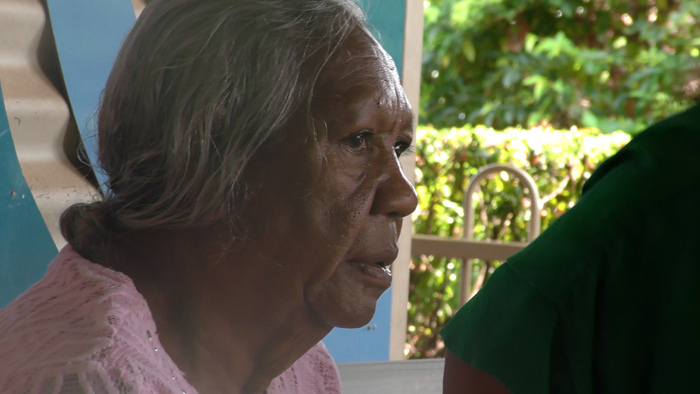
Tens of millions of missing super
Between 2014 and 2019 the First Nations Foundation, a nonprofit organisation focusing on Indigenous financial wellbeing, connected over 1600 people with over $24 million in lost super after holding a series of outreach programs in 21 remote communities in Western Australia and the Northern Territory.
As of June 2022 there was a total of $16 billion in lost or unclaimed super sitting with either super funds or the tax office
No one knows exactly how much lost super belongs to First Nations people, though it’s likely $24 million is just the tip of the iceberg.
Lost super, unclaimed super and deceased person’s super are different ATO categories, and different rules apply when an account is deemed inactive, prompting the money to be transferred from the super fund to the ATO.
As of June 2022 there was a total of $16 billion in lost or unclaimed super sitting with either super funds or the tax office.
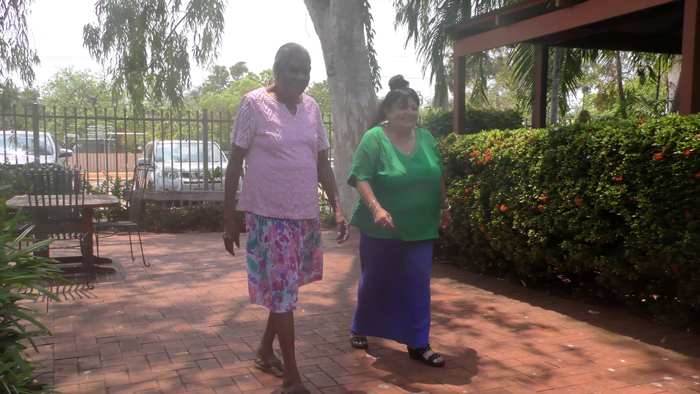
First Nations communities disproportionately affected
A CHOICE analysis of data on lost and unclaimed super shows the issue disproportionately affects areas with high Indigenous populations.
The analysis shows that there were 1.9 instances of lost super accounts and 9.4 unclaimed accounts per 100 residents in Australia. However, when analysing the 20 postcodes around the country with the highest population of Indigenous residents, these figures more than doubled to four lost super accounts and 23.2 unclaimed super accounts per 100 residents.
These top 20 postcodes had, on average, an Indigenous population of 65.9% of people over the age of 19, compared with 2.4% across Australia.
These top 20 postcodes had, on average, an Indigenous population of 65.9% of people over the age of 19, compared with 2.4% across Australia
Dunghutti man Mark Holden is a senior solicitor at the Financial Rights Legal Centre’s Mob Strong Debt Help. He says the troubling statistics aren’t surprising.
“Superannuation is a financial tool that is useful for retirement, but it is not exactly properly understood by a lot of First Nations consumers,” he says.
Wangkumara and Barkandji woman Lynda Edwards from Financial Counselling Australia (FCA) says the full extent of the impact of lost super on First Nations communities isn’t known because super funds don’t collect data that’s specific to Indigenous people.
“I’ve been asking for years and years that financial services actually ask people, ‘Do you identify as Aboriginal or Torres Strait Islander?’ The reason why we are asking this is because we want to ensure that people have a safe cultural space to ask any questions,” Edwards says.
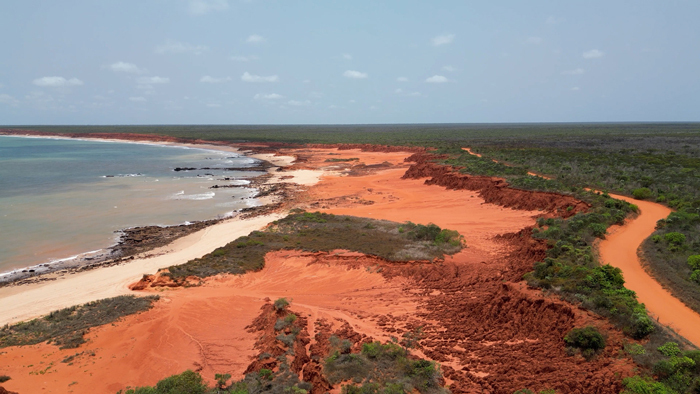
Issues around the country
CHOICE spoke to financial counsellors with experience working in a range of remote First Nations communities, from East Arnhem Land in the Northern Territory, to the APY Lands in South Australia and Palm Island in Queensland. They shared similar stories of frustration when trying to communicate the needs of their Indigenous clients to both super funds and the ATO.
“Accessing superannuation for financial hardship reasons used to be relatively straightforward,” Annique Jones from the Indigenous Consumer Assistance Network says. “But the last few years, things have reverted back, it’s a real concern.”
Belinda Walton from Anglicare Northern Territory says the barriers are high when Indigenous people are forced to engage with the ATO through MyGov or super fund websites. She represents communities with poor internet access, lower levels of digital literacy, and English as an additional language.
“There is a total lack of acknowledgement of first peoples, a lack of [staff] training, and understanding of protocols even within the companies,” she says.
“When it comes to deceased super, clients would just give up because it was so difficult – I had a client whose father and mother had passed away up to 10 years ago and only now they have been able to access the super because they didn’t know it was there,” she adds.
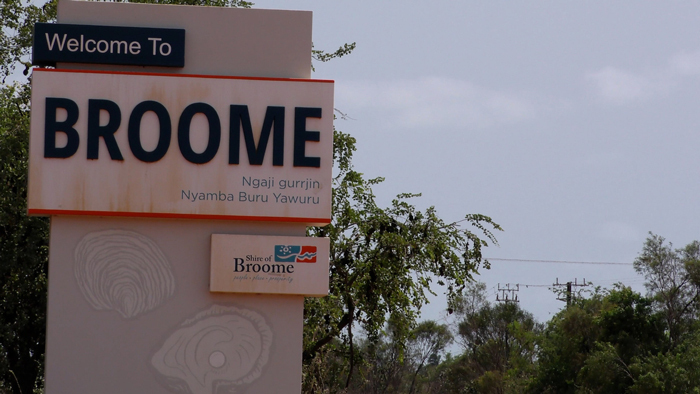
Problems with ID requirements
One of the biggest obstacles confronting remote First Nations consumers is identification. Some forms of ID are not accepted by the ATO and super companies and many people don’t have enough ID to meet requirements.
Edwards says banks are moving towards accepting community-based ID cards rather than requiring state-based photo IDs and other traditional documents, but super funds and the ATO have yet to evolve. Edwards also says that implementing guidelines from the Australian Transaction Reports and Analysis Centre (AUSTRAC) would go a long way to making these services easier to access.
AUSTRAC guidelines recommend financial institutions take a “flexible” approach to accepting community identification documents from First Nations people, who are a low risk for money-laundering and counter-terrorism financing breaches.
Edwards says another improvement would be for the ATO to inform a deceased person’s family when a super account exists, which it currently doesn’t do.
Another improvement would be for the ATO to inform a deceased person’s family when a super account exists
“It’s a very minimal risk just to give the name of the super fund, but the tax office won’t even do that due to what they say is their interpretation of the legislation around privacy laws,” she says.
FCA has recently written to Financial Services Minister Stephen Jones requesting legislation amendments to enable this. Jones’ office did not respond to a request for an interview or comment for this story.
ATO responds
The ATO told CHOICE it can’t comment on the particulars of Stella’s case and explained there are limits to what it can tell the next of kin without certain documentation.
“The ATO operates under a legal framework that does limit the information and super we can release to next of kin of a deceased person where grant of probate and letters of administration have not been obtained. We will still try and assist where the law and policy permits,” they say.
The ATO spokesperson added that as of June 2022, $118 million in deceased person’s super money had been transferred to the ATO. But the tax office doesn’t know how much of that belongs to First Nations people as that data is not collected.
When asked why the office didn’t follow the recommended AUSTRAC guidelines for identification documents for First Nations people in remote communities, the ATO declined to comment.
Poor communication from super funds
Monique Achterberg is a financial counsellor working in East Arnhem Land and also with Anglicare NT. She says everything about engaging with super companies is a struggle for her clients.
She says the Yolngu clients she works with often share or change phones regularly, making setting up accounts difficult and that super companies often give contradictory information about what they need from clients.
We’re not here to do battle, these are people that are of age and should be able to get what is rightfully theirs, without going to war for it
Anglicare NT financial counsellor Monique Achterberg
“It’s so frustrating for me and for my clients. Super companies make it so combative. We’re not here to do battle, these are people that are of age and should be able to get what is rightfully theirs, without going to war for it.”
In a statement to CHOICE, the Association of Superannuation Funds of Australia interim CEO Leeanne Turner says they are committed to working with First Nations people, as well as with ASIC, the ATO and AUSTRAC, to address issues facing people living in remote communities and improve their experience with superannuation.
“Superannuation funds have an obligation to ensure that death benefit payments are made to beneficiaries as quickly as possible,” she says. She adds that speed needs to be balanced with the need to ensure the right person is paid the benefit.
‘Total rethink’: Advocates say the system must change
Advocates such as FCA, the Indigenous Consumer Assistance Network and Consumer Action Law Centre have been calling for reforms to the administration of superannuation accounts for years, with a joint letter to former Federal Superannuation Minister Jane Hume in 2021 leading to no action.
Rebekah Sarkoezy, policy manager at Super Consumers Australia says the lengths family members have to go to, to find out if loved ones have unspent super and retrieve it, are “unacceptable”.
“We are consistently hearing that the super system is letting First Nations people down when it comes to lost super. These are extraordinary numbers and clear evidence something must change to accommodate the needs of First Nations people, and many others who have been caught up in this mess of a system.”
She adds there needs to be a “total rethink” about the systems in place for when someone passes away.
These are extraordinary numbers and clear evidence something must change to accommodate the needs of First Nations people
Super Consumers Australia policy manager Rebekah Sarkoezy
“First Nations people are the experts in their own needs, so we need to listen to them and the advocates calling for change on this,” Sarkoezy says.
“The first step is the government changing the law to allow the ATO to provide relatives information about the existence of super when someone passes away. This is a quick fix that will make a lot of people’s lives easier. On top of that, the government should establish a First Nations Superannuation working group, properly resourced and led by lived experience, to get to the bottom of these issues more broadly.”
Financial counsellors, like Walton, agree that the issue shouldn’t be so complex.
“At the end of the day it’s their money, it’s not the government’s, it’s not the ATO’s, it’s their money, they have a right to access it, why is it so hard for them to do so?”





